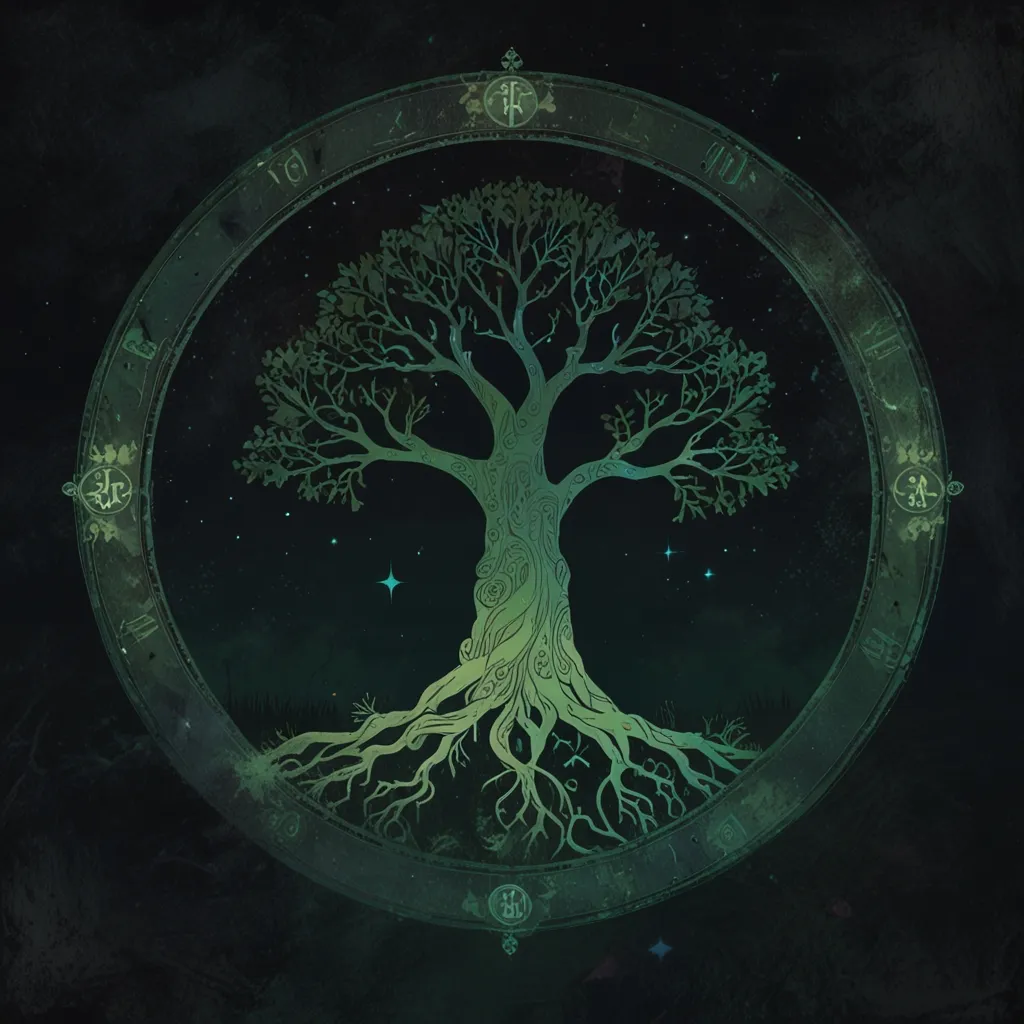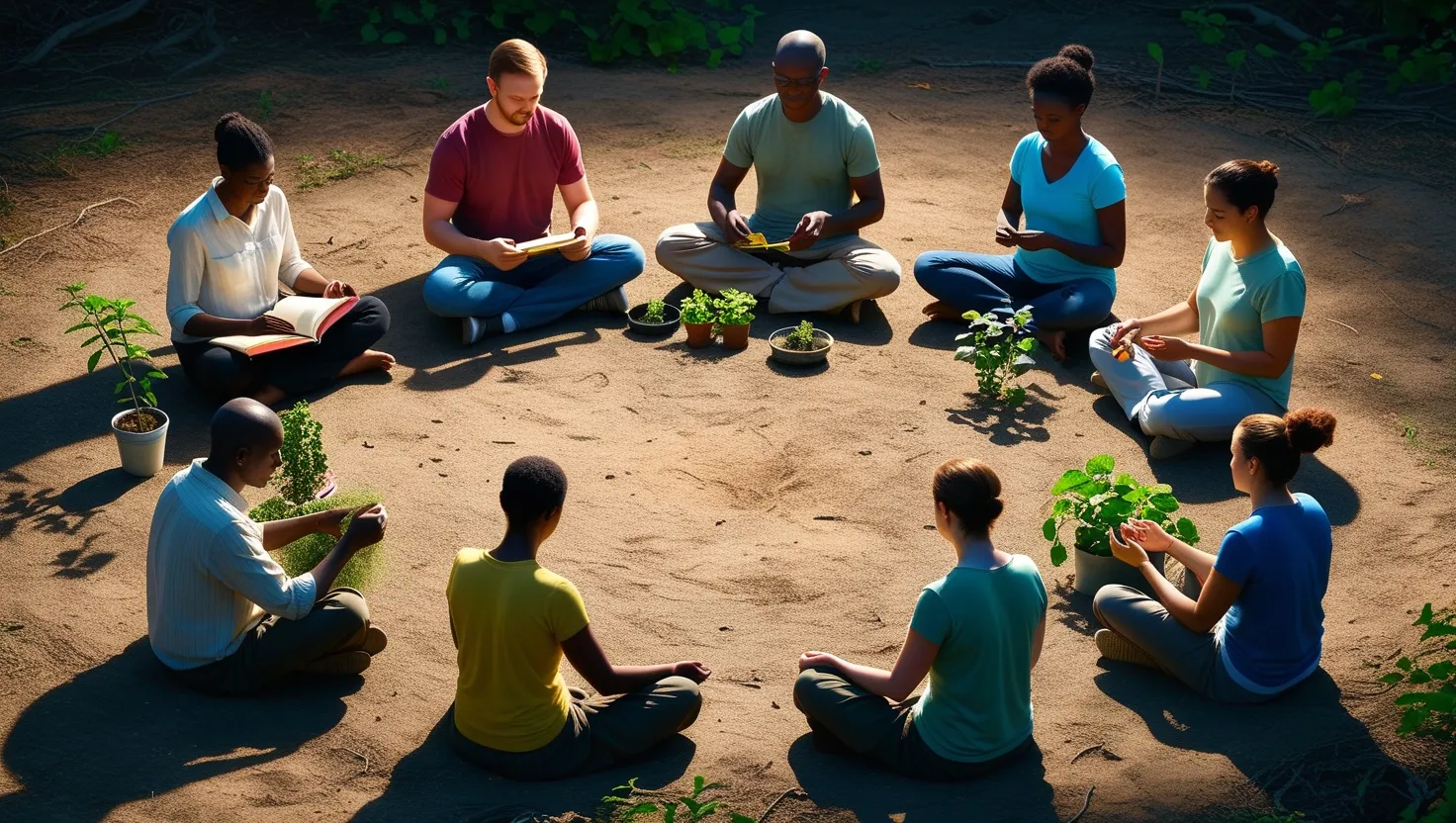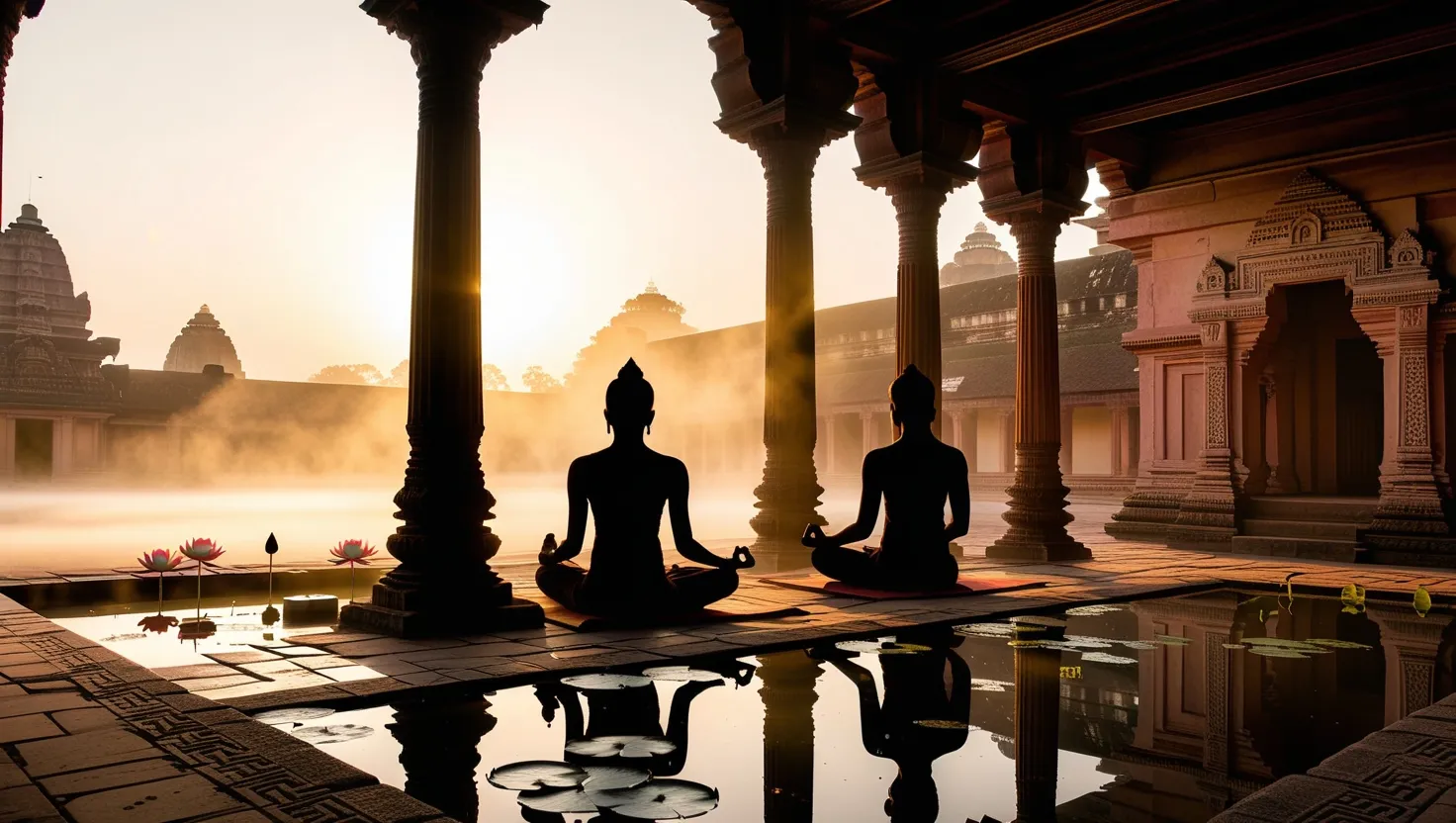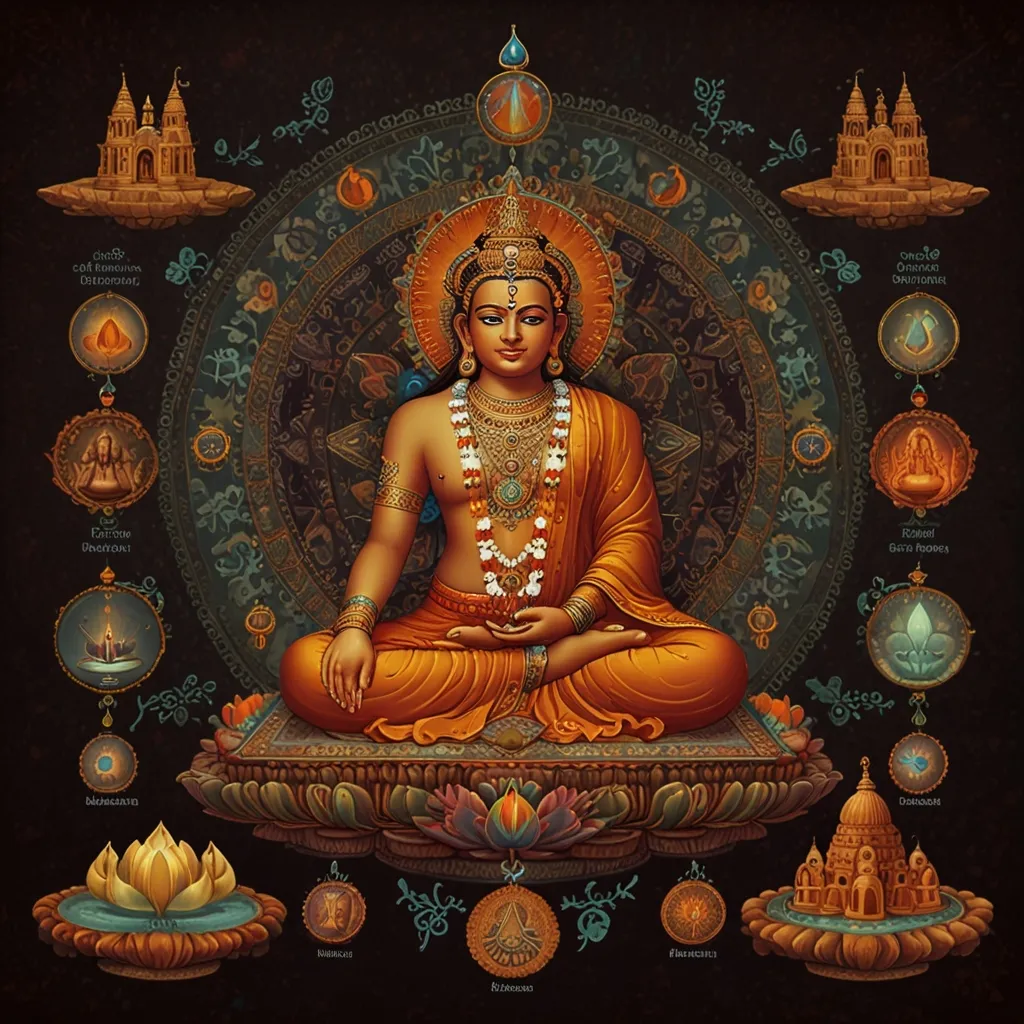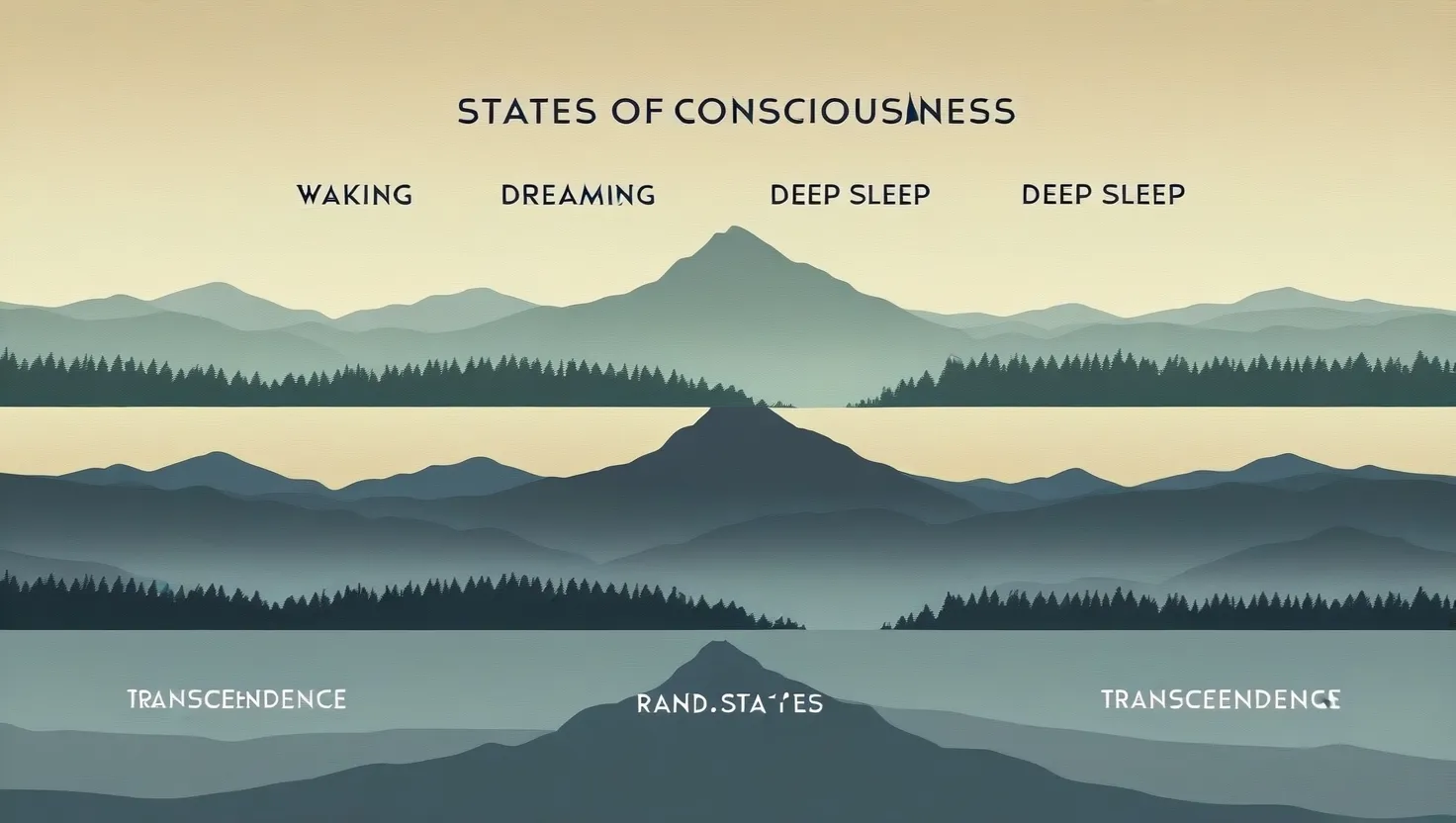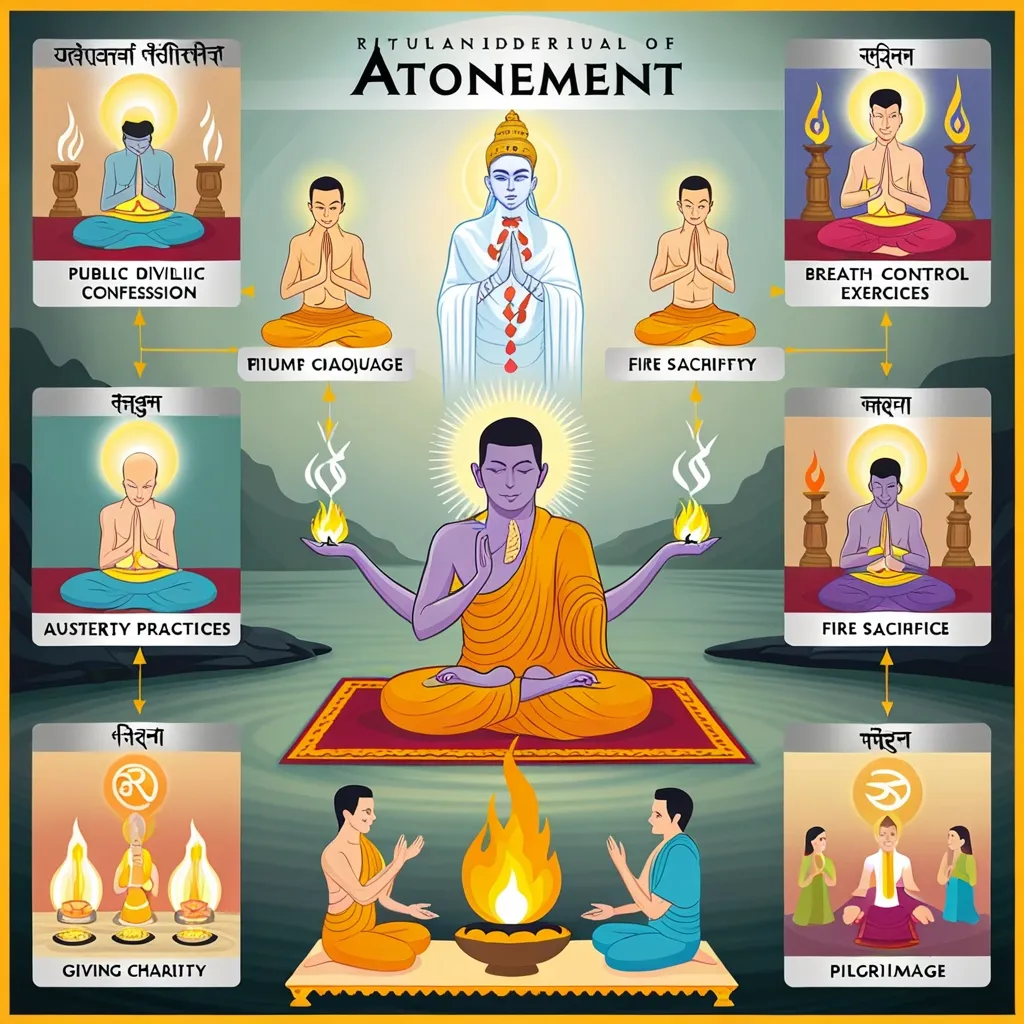The Upanishads are these old Sanskrit texts that are like the philosophical heart of Hinduism. They dive deep into the nature of reality, the self, and the ultimate truth, forming the cream of the Vedas, which are the oldest Hindu scriptures.
These texts tackle the big questions in life: who we are, where we come from, what we’re doing here, and where we’re headed. They do this through stories and dialogues involving teachers, students, couples, and even gods. These conversations are a way to get readers to connect with the seekers’ journeys and reflect on their own paths of self-discovery.
A major idea in the Upanishads is the unity between ourselves and the world around us. This is summed up in the phrase Tat Tvam Asi, or “That thou art.” It means that our individual soul, or Atman, is really the same as the ultimate reality, or Brahman. This isn’t just some philosophical idea; it’s an experience you can aim for through spiritual practice and self-reflection.
They also talk a lot about the immortal soul and the cycle of birth and death. Like, in the Katha Upanishad, there’s a story where a young guy, Nachiketa, chats with Yama, the god of death. This story highlights how choosing a path of spiritual truth over material stuff is crucial for immortality and breaking free from rebirth.
The Upanishads also stress the difference between higher knowledge and lower knowledge. Higher knowledge is all about self-realization and understanding the ultimate truth, while lower knowledge is just about intellectual pursuits. It’s like saying that true wisdom is more important than book smarts.
Another big theme is the relationship between us and the universe. Everything’s interconnected, and the life force, or Prana, plays a central role in this cosmic web. The Prashna Upanishad, for instance, touches on the origins and nature of the universe, emphasizing how vital it is to understand both the big picture and the small details.
Meditation and yoga are huge in the Upanishads. The Maitrayani Upanishad details these practices as ways to gain spiritual knowledge and liberation. It’s about experiencing Brahman through meditation and introspection, recognizing its indescribable nature.
Even though they’re ancient, the Upanishads are still super relevant today. Their teachings are a goldmine for anyone looking for depth, purpose, and a connection to their higher selves. They guide us to understand reality and our place in it better.
In short, the Upanishads are all about the journey of self-discovery and spiritual growth. They push us to explore our inner selves, question what we believe, and seek the ultimate truth. Their timeless wisdom resonates even now, offering insights that are as meaningful today as they were back then.
